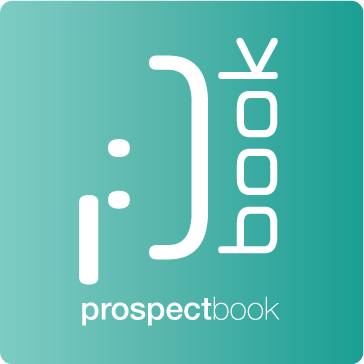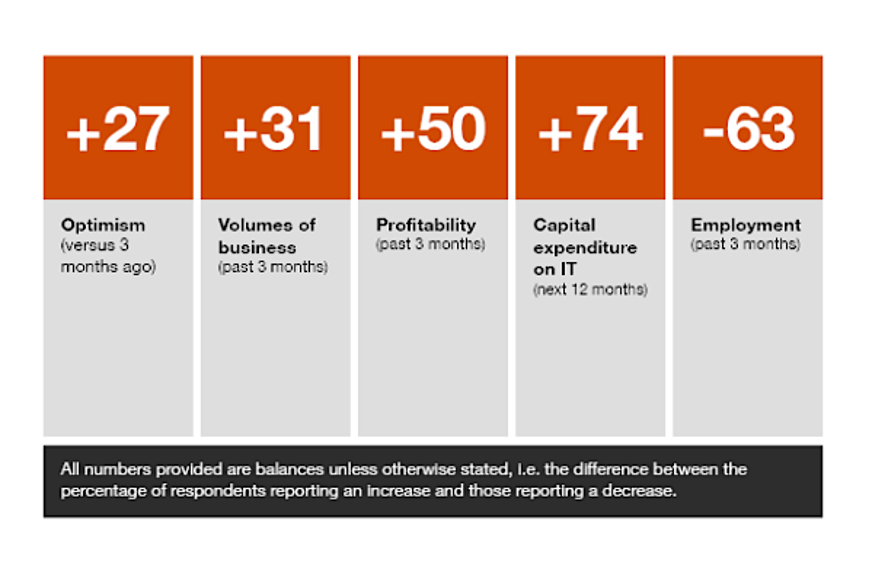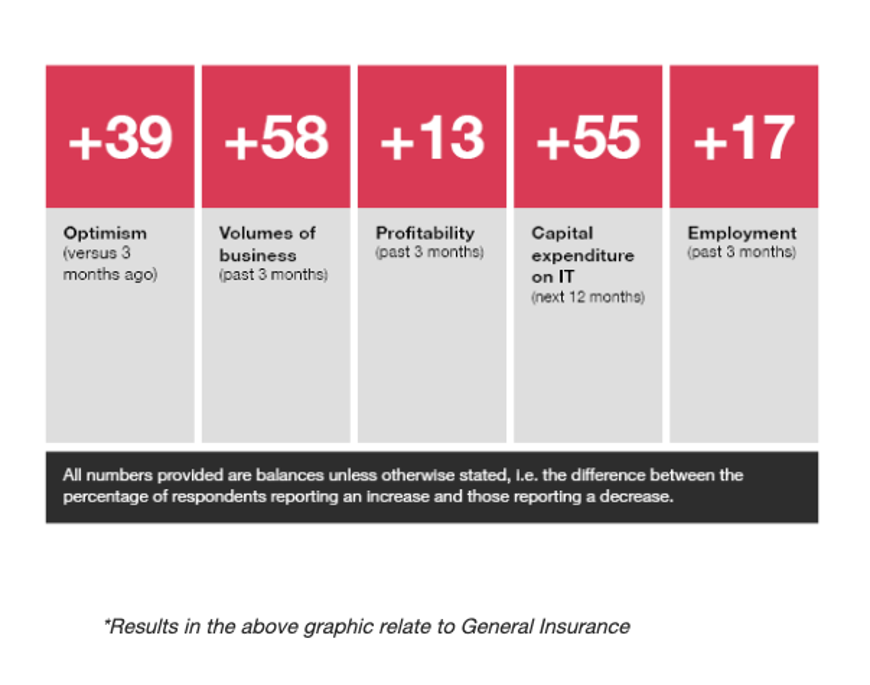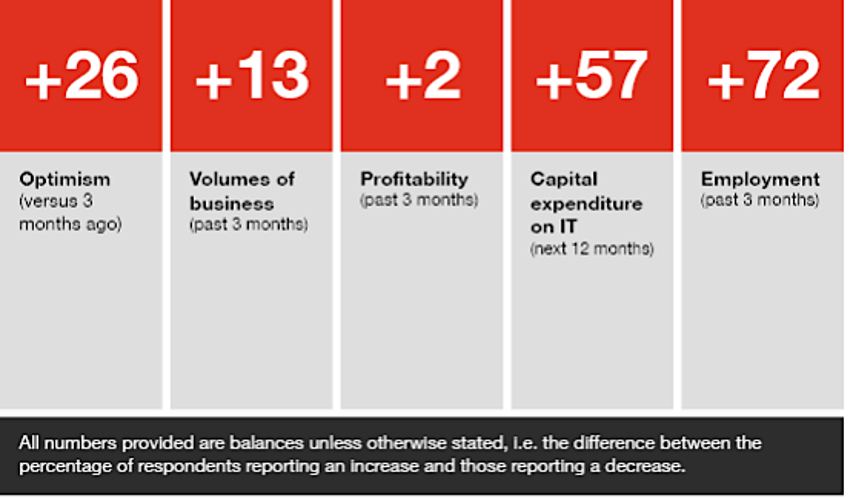Security Services
- According to verified market research, the Global Physical Security Market was valued at USD 85.58 billion in 2017 and is projected to reach USD 184.01 billion by 2025.
UK
Rollo Davies Predictions, a frontline Security Expert and Managing Editor of The Professional Security Officer Magazine (TPSO):
Although there are fewer guarding opportunities in the entertainment industry, there are new opportunities in other sectors like supermarkets, and frontline security officers are needed to supervise social distancing at a number of locations. Post COVID-19, I think we will have to increase training for our officers. There are professional security officers who want to do their job, but there are also officers who got on-the-job training and who took the job because they perceived it to be an easy job.
I think the use of CCTVs will increase, and all of these changes will put pressure on the guarding industry. I foresee a need for improvements in the manned guarding industry, but that need is primarily for more training and education.”
Call Centres
Increased Demand
As per The Times UK, April 2020,
One industry that looks certain to benefit is call centres. Customers who have spent hours on hold in recent weeks will know that unprecedented call volumes have swamped many centres. After this spike decreases, there is likely to be a permanent increase in demand that could help to stem, or even reverse, recent job losses in this key part of the economy.
Operational Challenges
As per Call Centre Helper, March 2020,
- The most obvious challenge is how to continue operations when staff are office-based. Other problems include reduced staffing levels and the knock-on effect on the service delivered to the end customer.
- There will inevitably be increased pressure on day-to-day operations, as there may be increased call volumes, and with less staff to service the calls, there will be increased waiting times, leading to increased customer dissatisfaction.



